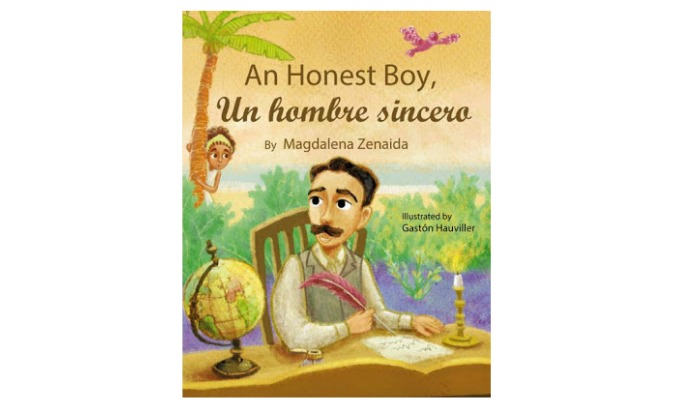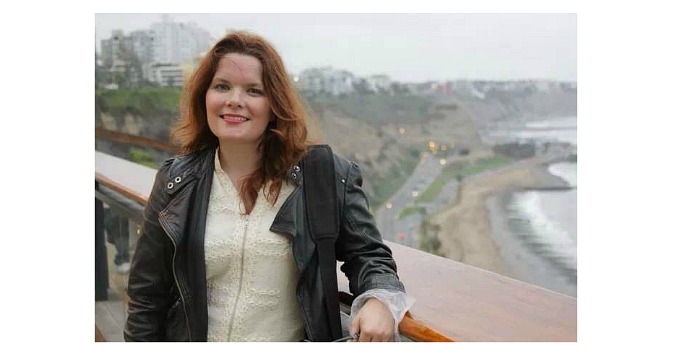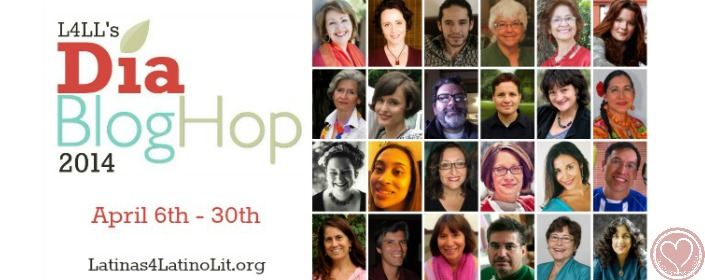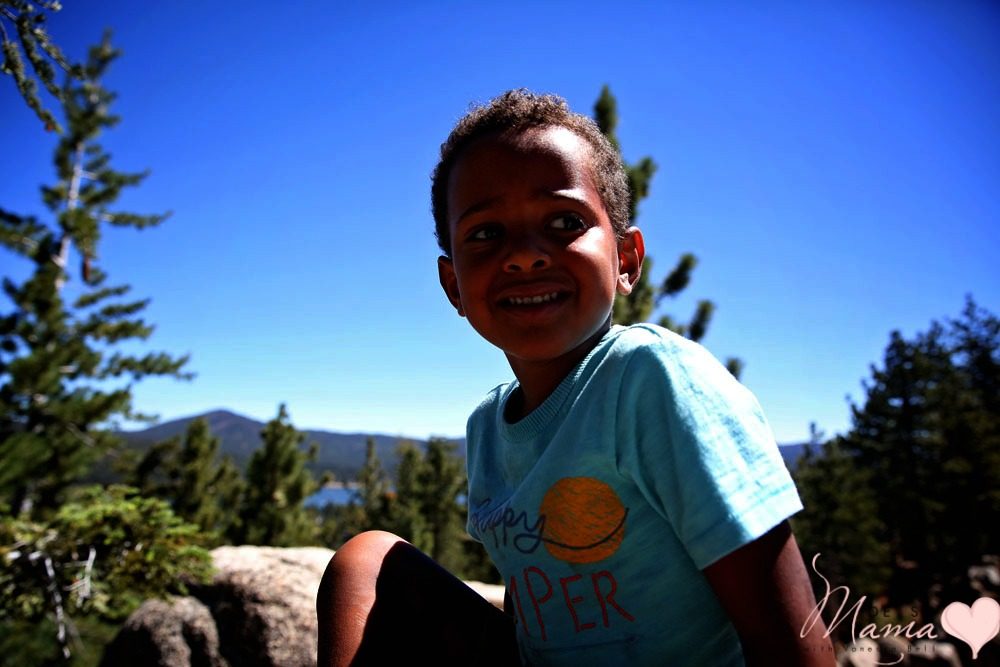Guest Post: Author Magdalena Zenaida
I’m honored to again be apart of Latinas for Latino Literature‘s 2nd annual Dia de los Ninos, Dia del Libro blog hop. The Día blog hop has 24 authors/illustrators paired with 24 Latina bloggers to showcase the talent and beauty that exists in our literary community.
This is my second year participating, and I’m excited to share the reflections on parenting and bicultural identity of Magdalena Zenaida. Alina and I reviewed her book of a Cuban icon, An Honest Boy, Un Hombre Sincero, and loved her take on bilingualism. Finding a bilingual children’s book on Cuban history is not easy to come by, and Magdalena did such a wonderful job!
Please follow along this amazing blog hop! Visit the L4LL’s site for the complete schedule.

Reflection by Magdalena Zenaida
We think of our children as a reflection of ourselves, even if we know they hold a mystery unique to them. But as a single parent, it has been a privilege to be a reflection of my child, a representative of her heritage for her, where there is no other one in our home.
For as long as I can remember, I was intuitively drawn towards Latino culture. I grew up in a time when Sesame Street was pretty much the only institution consistently representing diversity to children. So my curiosity, my absolutely drive to know more about all things Latino, was really inexplicable to those around me. It wasn’t just a passion. It didn’t rely on newness or exoticness. It felt inherent. In The Sun Also Rises, Hemingway writes about aficion instead of passion. It’s a kind of passion mixed with deep understanding, a kind of respect and intrinsic knowing. I don’t know if I have enough knowledge, but of respect and understanding, I have always had much. I’ve always felt at home when I heard the sounds of the Spanish language, even when I was first learning it. It’s the language I pray in. The food, the music, and the literature all hold great significance to me and form large parts of my memories. But I am not Latina; my daughter is. The way we treat culture is as if it is handed down in a linear way, from the generation above us, as ancestry is- but I could never let that be so. My daughter has my own anglo-Russian American heritage, but also a rich heritage from South America. How could I not encourage us to revel in that based on the fact that I am the sole head of the household and it is not my genealogy? I am the only one in our household who can teach her the culture that is inherently hers, so in a kind of reverse osmosis, I’ve absorbed the heritage from her, filling in all the gaps in the love I’ve always had for the culture. She now casts her reflection on me, and it creates a cohesive whole for our family.
The way we treat culture is as if it is handed down in a linear way, from the generation above us, as ancestry is- but I could never let that be so. My daughter has my own anglo-Russian American heritage, but also a rich heritage from South America. How could I not encourage us to revel in that based on the fact that I am the sole head of the household and it is not my genealogy? I am the only one in our household who can teach her the culture that is inherently hers, so in a kind of reverse osmosis, I’ve absorbed the heritage from her, filling in all the gaps in the love I’ve always had for the culture. She now casts her reflection on me, and it creates a cohesive whole for our family.
My first published book was bilingual. I wrote “An Honest Boy, Un Hombre Sincero,” shortly after my daughter was born, as tribute to all of the children I worked with in South America. Since the book is a history of Jose Marti and Cuba, interviewers frequently ask me if I am Latina. I answer that “I am not, but we are.” My daughter and I are looking up at each other in a myriad of reflections that make our little family a whole, and culture, is just one of them.




No Comments